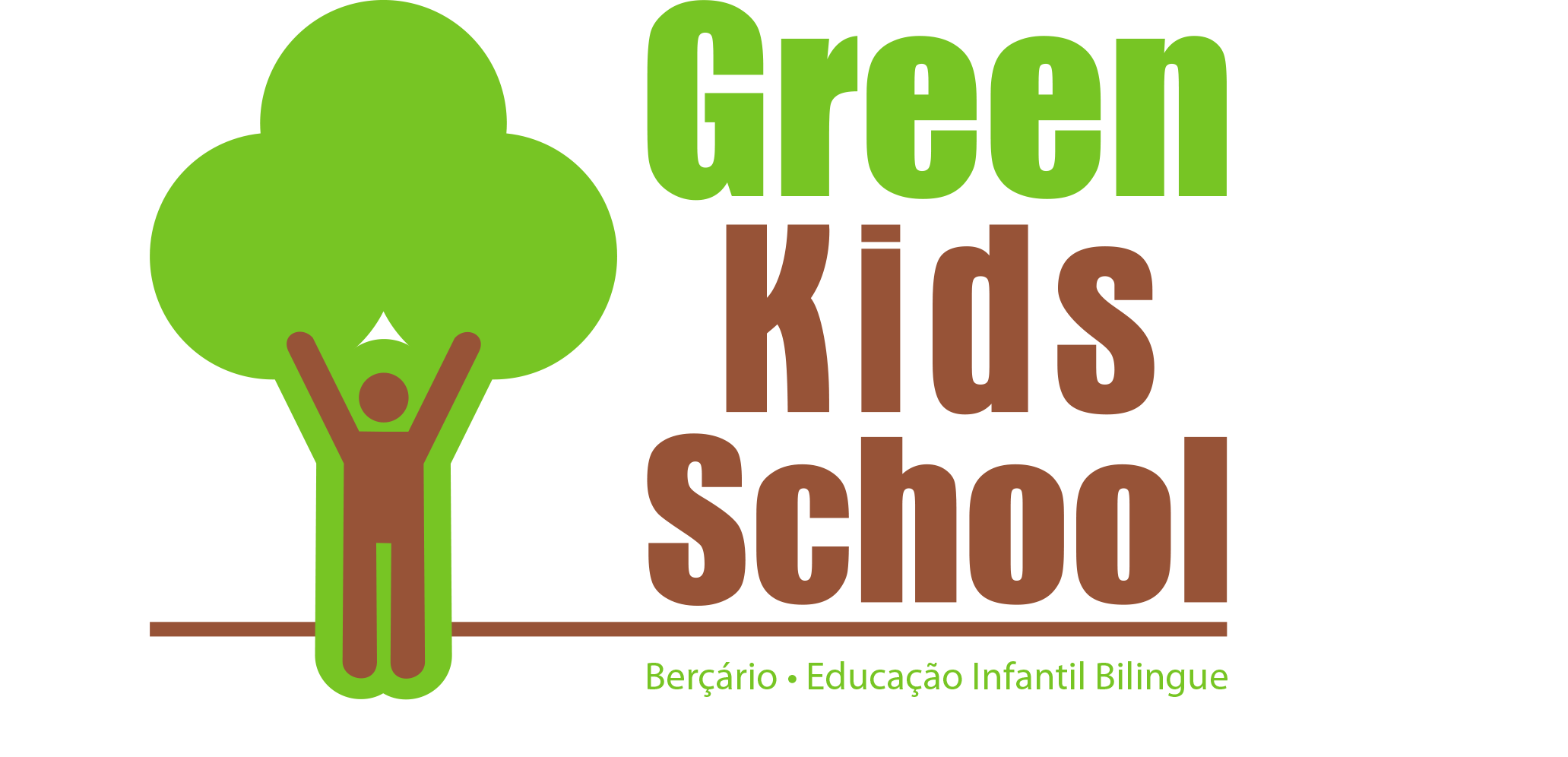School Routine

Routines
As part of our school philosophy, we use the following authors: Emmi Pikler, Maria Montessori, Loris Malaguzzi via Reggio Emilia, Célestin Freinet, Jean Piaget, John Dewey and Paulo Freire in dialogue with the conceptions of childhood, child development and Early Childhood Education.
Some fundamentals of daily school life permeate all moments of our school routine, as Freinet & Piaget state, the cooperation between educators and classes (to build knowledge communally), communication (to formalize, transmit and disseminate it), documentation with the so-called book of life (for daily recording of children's historical facts: portfolio) and affection (as the bond between the reference educators and children, and of them with knowledge).
Welcome centers
Every day, in the early morning and afternoon, we welcome our students with two or three pedagogically prepared corners, such as "Make believe with babies and its stuff, free drawing & cars on the floor".
As Montessori states, the so-called "prepared environment" allows children to exercise free choice, electing the activities they will perform.


Snack, Lunch & Dinner time
Every day, we have the meals moments, in which the students sing a song and sit at the table with their friends and their teachers to eat. These moments are key to promoting children's autonomy.
As Emmi Pikler states, the more autonomy and confidence the adults in charge of the child's care give him or her, the more skills the child will develop and the more interest he or she will have in different ways of relating to the world, his or her body, and others.
Worktime
This is the time of plenty of "hands-on" activities, in which we apply John Dewey's active methodology with the proposition and resolution of problems, fine and gross motor skills practice, through art and motor movement proposals.
As Montessori & Reggio Emilia state, all children have potential, are communicators and observers. By focusing on the senses, we aim to develop diverse learning abilities.
By observing, understanding, and exploring the world through the senses, the child learns to classify, discriminate, evaluate, and order.


Playtime
Play is one of the main spaces in which children can recognize themselves, see others, express themselves, and develop in different aspects. According to Albert Einstein, "Play is the highest form of research"! And this is what our children do when exploring the "playground", the "sandpit", the "Green Village".
Just as Paulo Freire says, the act of knowing is as vital as eating or sleeping, one cannot eat or sleep for the other, just as the process of knowledge must be experienced by each of the students, freely and widely.
Circle Time
This is the moment when we sit in a circle, see who is here at school, how they are feeling, how´s the weather, and also the moment when we see the days of the week or the days of the month.
Moreover, it is one of the most important moments of the pedagogical routine since it is when we sing some nursery rhymes and present in a playful way the challenge of each expedition, with the students being the protagonists of their own learning process, as John Dewey states.

